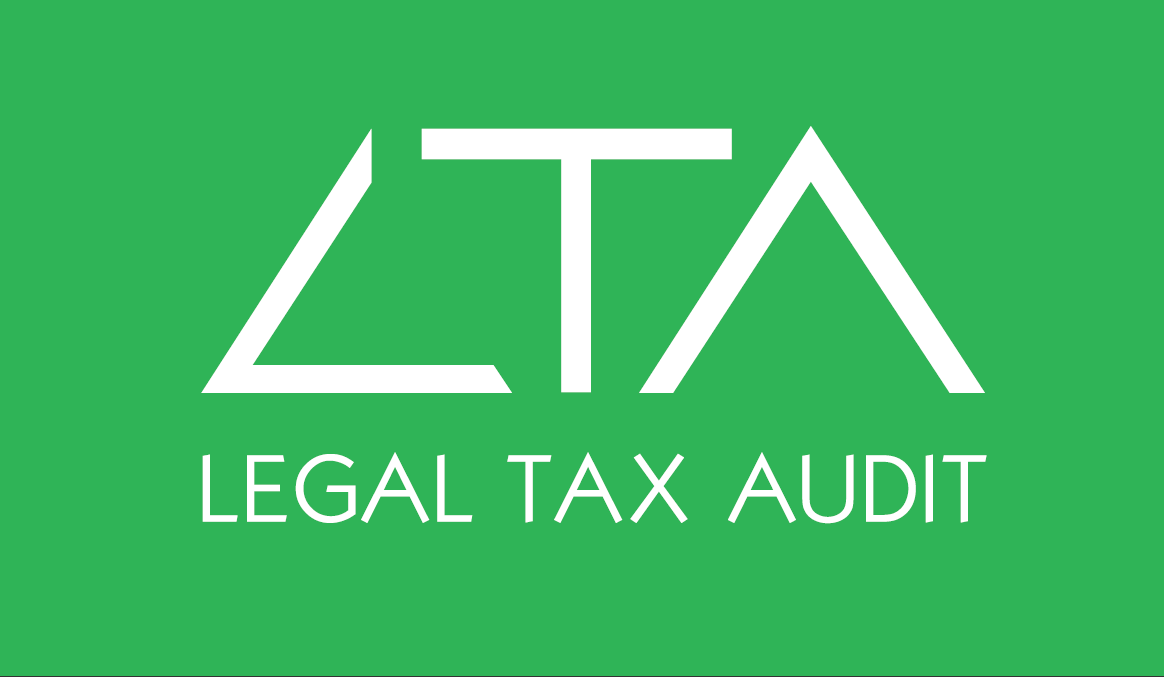The implications of the time change on the length of the working shift are currently regulated by Government Regulation 348/2021 on the introduction of daylight-saving time between 2022 and 2026. So how has the weekend time change affected the length of the night shift?
Daylight saving time changeover: the night shift, which started at 22:00 on Saturday 30 March 2024 and ended at 6:00 on Sunday 31 March 2024, lasted 7 hours because the clock will move to 3:00 at 2:00. Thus, the employee worked one hour less than his standard weekly work hours.
Changeover to winter time: the night shift, which will start at 10:00 p.m. on Saturday, 26 October 2024 and end at 6:00 a.m. on Sunday, 27 October 2024, will last 9 hours because the clock will move to 2:00 a.m. at 3:00 a.m. This will result in the employee working one hour more than their standard weekly work hours.
Important to remember:
An extended or shortened shift due to a time change is considered *part of the employee’s scheduled weekly work time*.
Extended shifts during the changeover to winter time are *not* considered overtime and therefore do not qualify for overtime compensation.
For employees on a fixed monthly salary, the number of hours worked is not reflected on the paycheck. However, employees paid hourly will be paid one hour less (daylight saving time) or one hour more (standard time) in the week of the time change.
Even for an extra hour of work due to the time change, employees will be entitled to the standard night and Sunday bonus pay. This extra hour is also reflected in the employee’s average earnings.


 Čeština
Čeština Deutsch
Deutsch